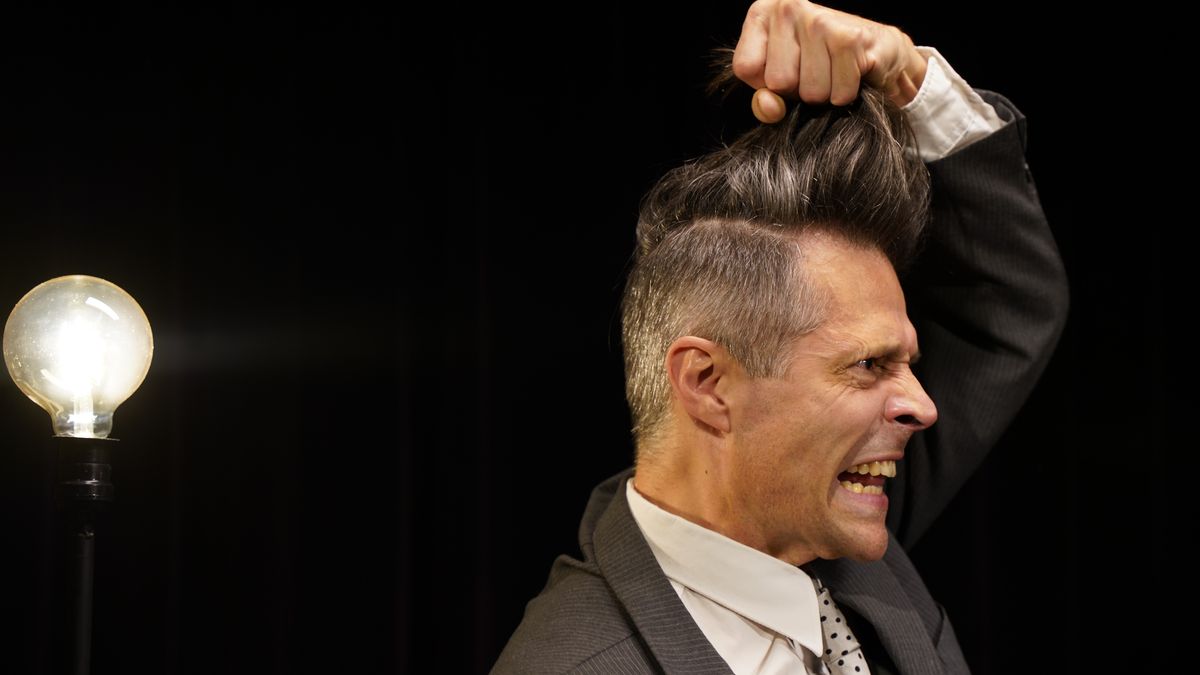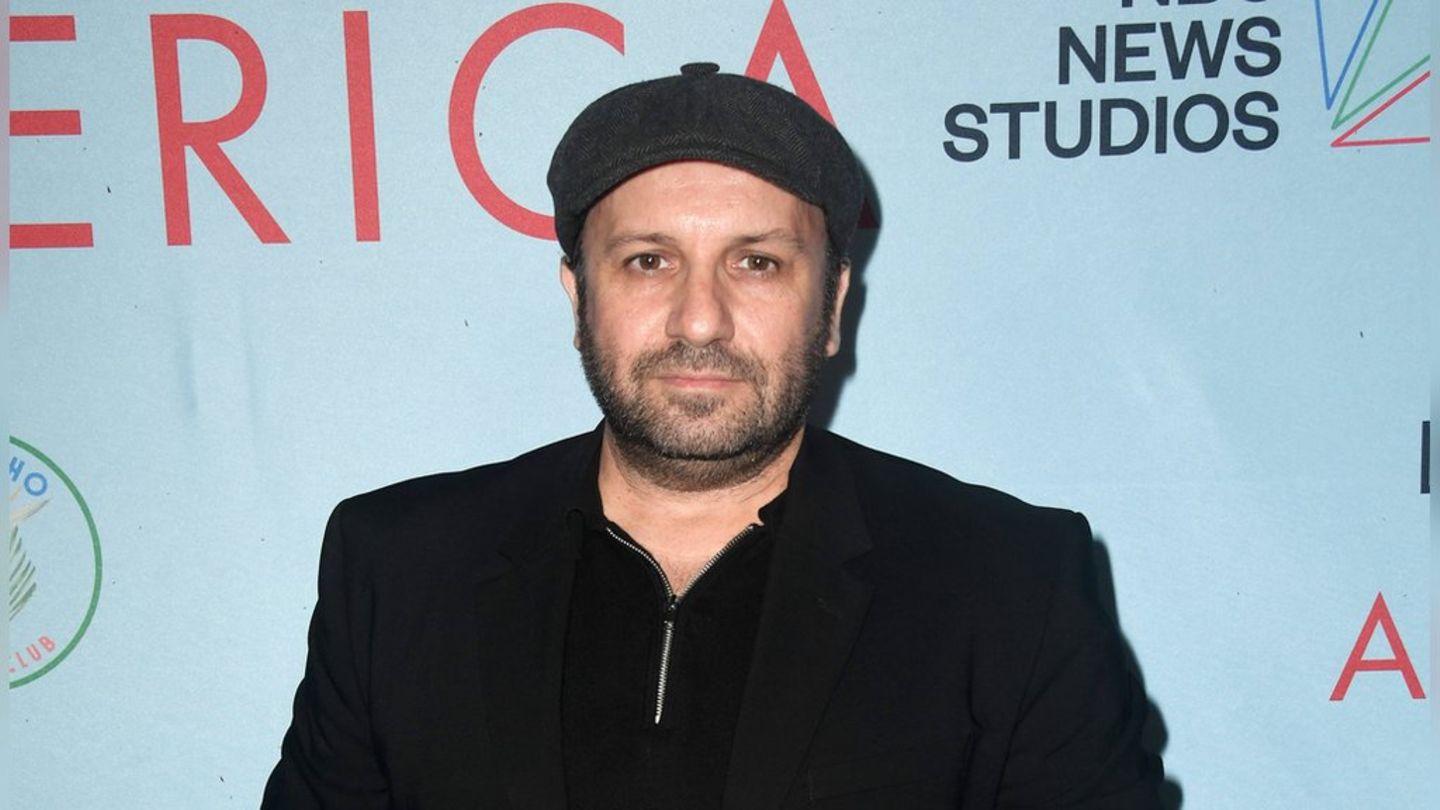“In my work there is vast and microscopic knowledge of the world of politics, in which I worked for many years, like my father and mother,” says Francisco Estradaauthor and director of “The Age of Oblivion” one-man show that debuts on January 18 at the Camarín de las Musas, with a performance by German Rodriguez. We talked about this launch.
Journalist: How did the work appear? What were the triggers?
Francisco Estrada: It has to do with everything I know about the world of politics since I worked for many years in the National Congress for having accompanied my father in his performance as parliamentary secretary, my mother also worked in the public service so I have many anecdotes and experiences, I have also been active. At the same time, in Ariel Barchilón’s workshop I let a certain poetics develop on its own, I removed intentions from the work and let the writing flow. There is no strictly personal experience but vast and microscopic knowledge of the political world.
Q.: There is something about the heir who only manages what he receives, what are you aiming for?
FAITH: There are multiple readings, one is in the relationship between the son and the father, with that permanent tension between rejecting everything inherited and honoring it. The son seeks to do something with everything that the father forged in him.
Francisco Estrada1.jpeg
The author and director Francisco Estrada.
Q.: Why “The Age of Oblivion”, for the loss of memory, of fleeting time that disappears, of collective amnesia, of the labyrinth of each being, of technology that overwhelms and cancels?
FAITH: There is a little of all that, there is something, without we want to emphasize it, about contemporary and everyday vertigo, the extraordinary amount of information that makes experiences follow one after another and the accumulation makes the registration in memory complicated. All these aspects converge, in the era of the perpetual present, all so conditioned to the saturation of information.
Q: What story does he tell and what is his character like?
FAITH: It tells the story of a political leader who is waiting to be confirmed in a very important position and in that anxious wait he talks to his dead father, showing him his achievement since his father never believed much in him. The character changed quite a bit during the rehearsals, because there is a rewriting that appeared with the staging, there is a stage dramaturgy. The character was outlined with the work of Germán Rodríguez, his performance is the best of the work. The character has resentments and ambitions but discovers that this resentment is a deep love that has not been reciprocated by his father.
Q: What are the themes of the work?
FAITH: There is a central theme that is this father-son relationship, how a son processes what a father left him. There is also the idea of what type of representations are possible today, what type of humanity is the one that assumes the risk and commitment of accessing the spheres of power, there is also something about how discourses are constructed, how they are structured and can be put together. the word of someone who wants to represent and speak on behalf of a people.
Q.: There are many excellent one-man shows, what does the one-man show give and what does it take away from the actor and the audience?
FAITH: Theatrics are extreme as a playful pact between the actor and the audience, who accept the conventions and get involved in the theatrical game. There is an economy of resources that requires an active and sensitive audience, the variety and diversity of stimuli offered by a work with different characters and sets entertain and propose a diversity that is not present in the one-person show and the audience participates more in terms of attention and commitment. that engages with the show. One does not have a range of resources, voices and bodies and they are all concentrated in the actor. But at the same time the relationship between actor and audience is intense, it is ancestral, archaic.
Q: How do you see theater and culture?
FAITH: The theater does not diminish, it is not easy to convene in times of crisis and economic scarcity but the vitality of the theater has nothing to do with business but with an unstoppable artistic force, with a will and incessant drive, both in Caba and in Gran Buenos Aires and the interior. Regarding culture, there is a very complex situation because the INCAA is being defunded by the National Government with accusations that are excessive and unfair. Nobody refuses to implement criteria of transparency and efficiency but that is not completely emptying a key organization in the film industry. In literature, plastic arts, all culture, vigor is always at the forefront despite socioeconomic ups and downs.
Source: Ambito
David William is a talented author who has made a name for himself in the world of writing. He is a professional author who writes on a wide range of topics, from general interest to opinion news. David is currently working as a writer at 24 hours worlds where he brings his unique perspective and in-depth research to his articles, making them both informative and engaging.




